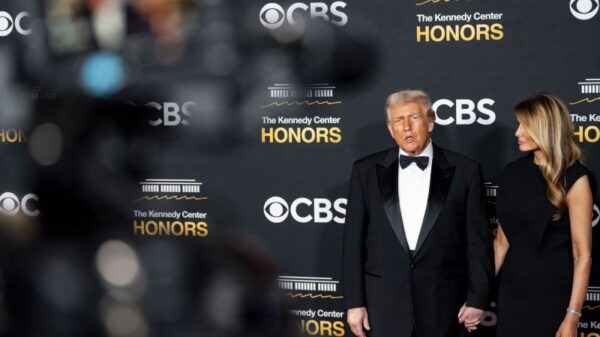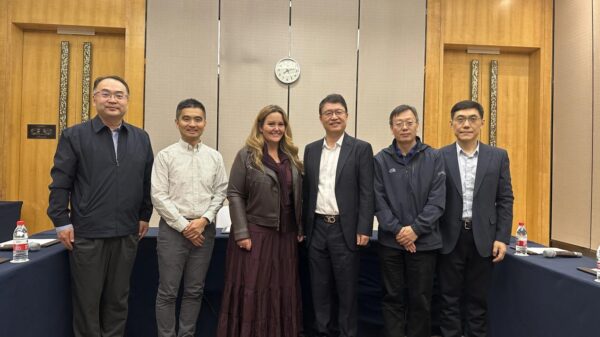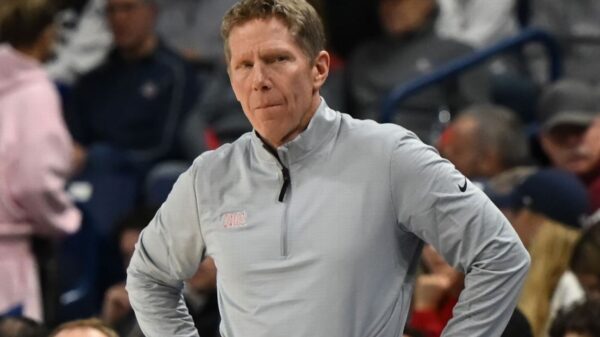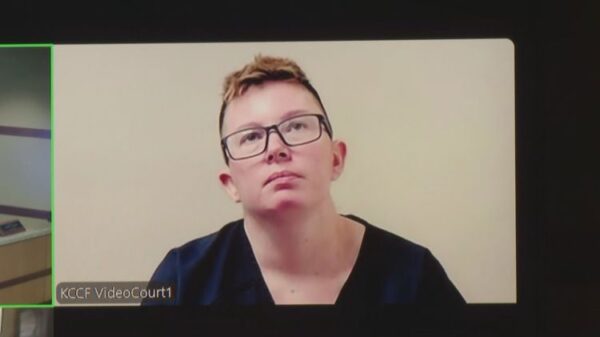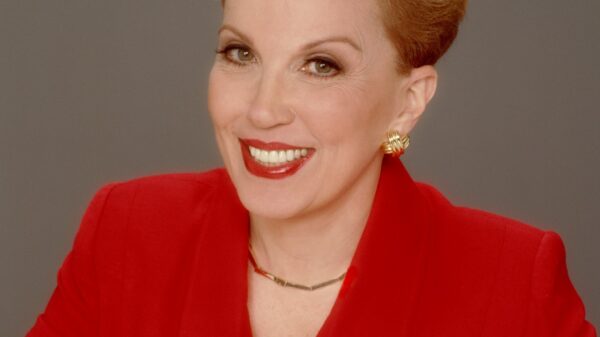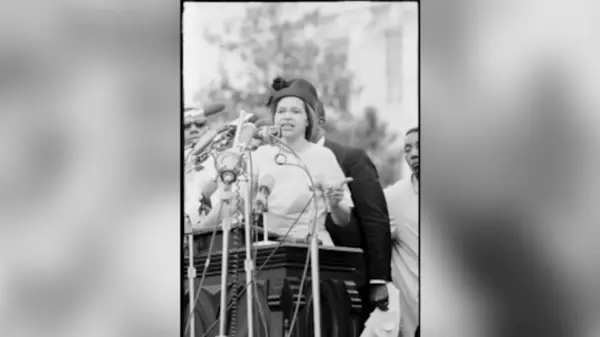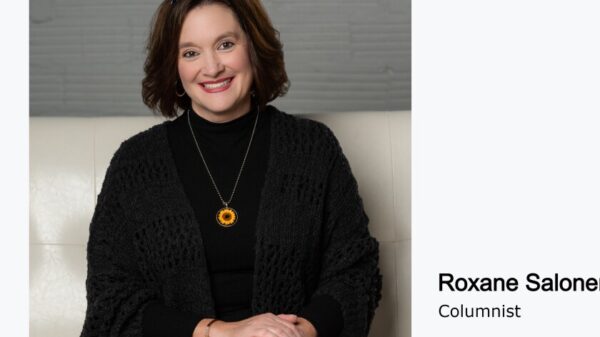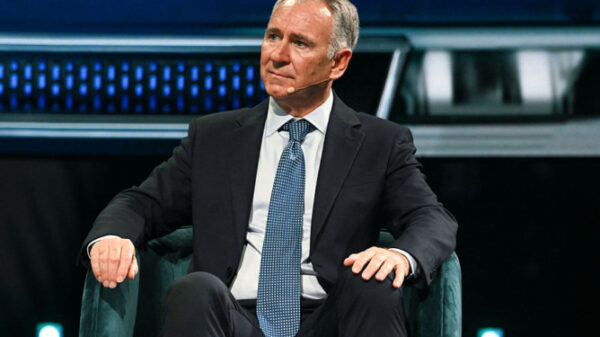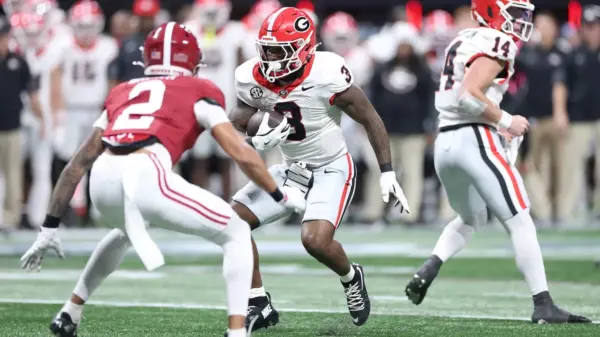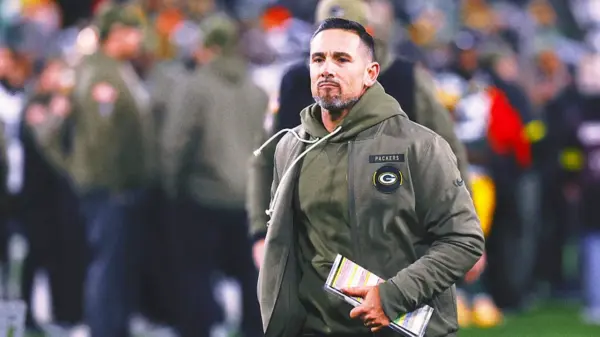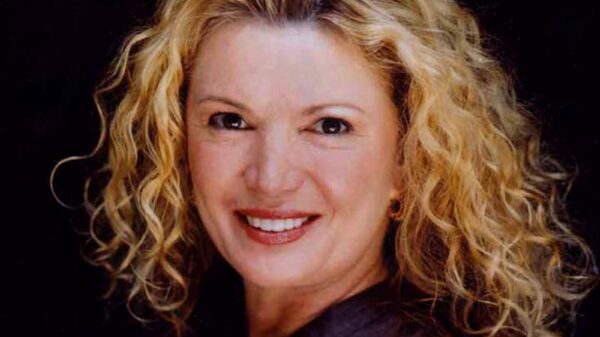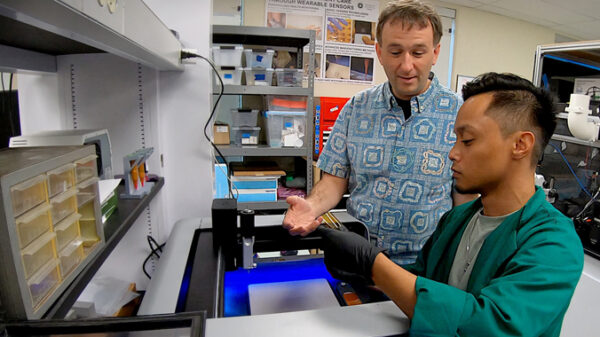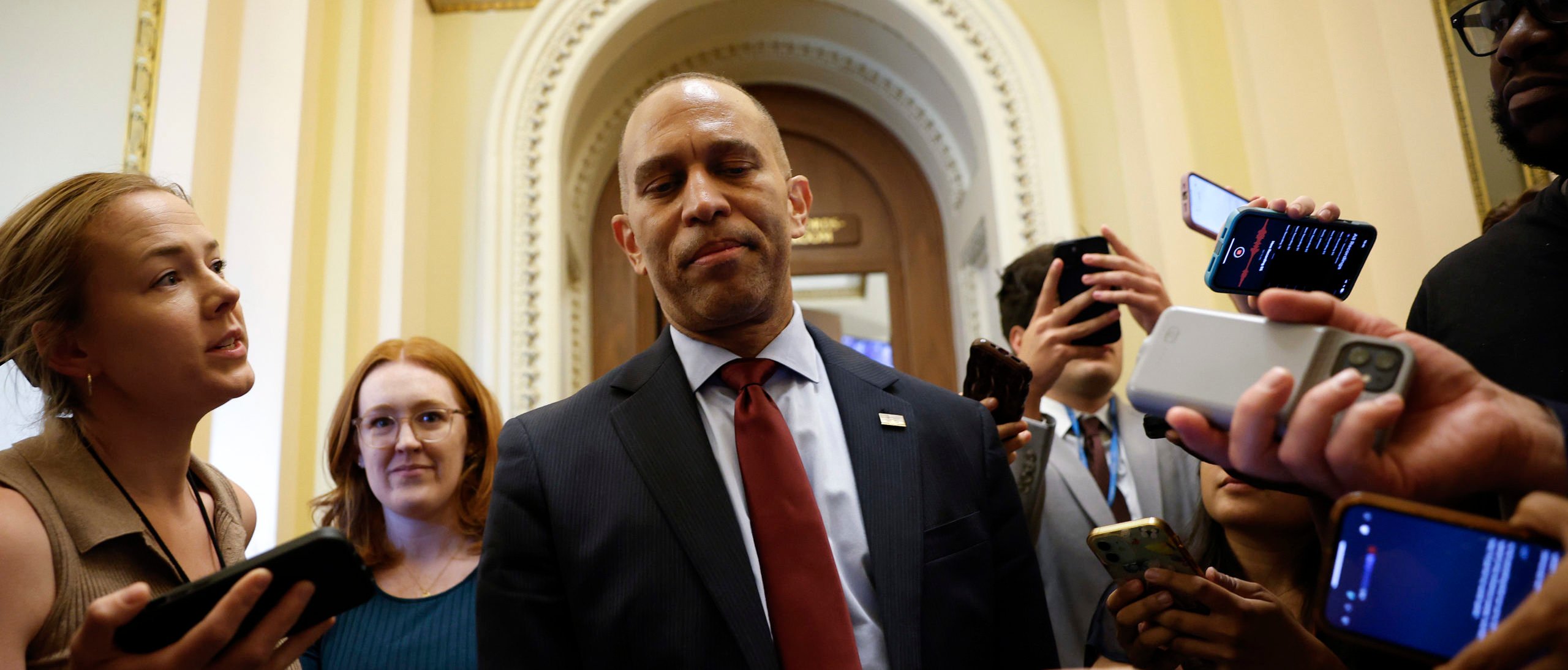Tensions within the Democratic Party are escalating as the Democratic Socialists of America (DSA) signal their intent to challenge established incumbents. Following the victory of Zohran Mamdani in the New York City Democratic mayoral primary earlier this month, the DSA hinted they may primary five House incumbents, with Minority Leader Hakeem Jeffries at the top of their list.
Jeffries’ team has responded assertively. Senior advisor André Richardson stated, “Leader Hakeem Jeffries is focused on taking back the House from the MAGA extremists who just ripped health care away from millions of Americans. However, if Team Gentrification wants a primary fight, our response will be forceful and unrelenting. We will teach them and all of their incumbents a painful lesson on June 23, 2026.”
The term “Team Gentrification” appears to refer to a faction within Mamdani’s supporters, described by The New York Times as the “Commie Corridor,” which includes younger, renter-heavy neighborhoods known for their progressive politics. Mamdani’s success was particularly notable in areas like North Brooklyn, where he defeated former Governor Andrew Cuomo and garnered strong support from a youthful voter base.
Mamdani’s win is seen as a significant moment for the DSA, suggesting a shift in the party’s dynamics. Ashik Siddique, a national co-chair of the DSA, remarked that Mamdani’s victory “feels full circle” and serves as “really proof of concept” for future races.
Jeffries has chosen to keep his cards close regarding the potential primary challenge. When asked about the situation, he told CNN’s Wolf Blitzer, “I have no idea what these people are talking about.” He emphasized the need to concentrate efforts on countering extremism within the party, stating, “It shouldn’t be too difficult for some people to figure out who the problem is in the United States of America.”
The growing dissent within the party reflects a rift between traditional Democrats and the new wave of progressive leaders. Gustavo Gordillo, co-chair of the DSA’s New York City chapter, stated that Jeffries’ leadership has created a vacuum that groups like the DSA are eager to fill. He noted, “To me it often seems like he is the one picking the fight with the left, and I think he should focus on fighting the right.”
Democratic New York State Senator Jabari Brisport chimed in, criticizing Jeffries as “rapidly growing out of touch with an insurgent and growing progressive base within his own district that he should pay more attention to.” Despite the internal conflict, Jeffries has refrained from endorsing Mamdani, stating, “We don’t really know each other well. Our districts don’t really overlap.”
The controversy extends beyond policy disagreements, as Mamdani’s identity has also come under scrutiny. Reports indicate that he identified as both “Asian” and “African American” on his application to Columbia University. When questioned about this by the Rev. Al Sharpton, Jeffries deflected, focusing instead on broader issues like housing affordability.
The ongoing conflict within the Democratic Party highlights the shifting landscape as progressive factions gain traction. Whether this internal struggle will lead to significant changes in leadership dynamics remains to be seen, but the stakes are undeniably high as the party prepares for upcoming elections.




